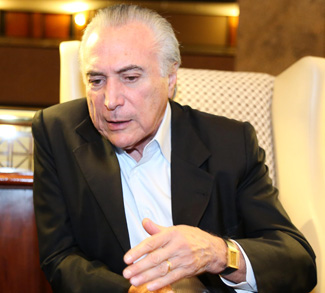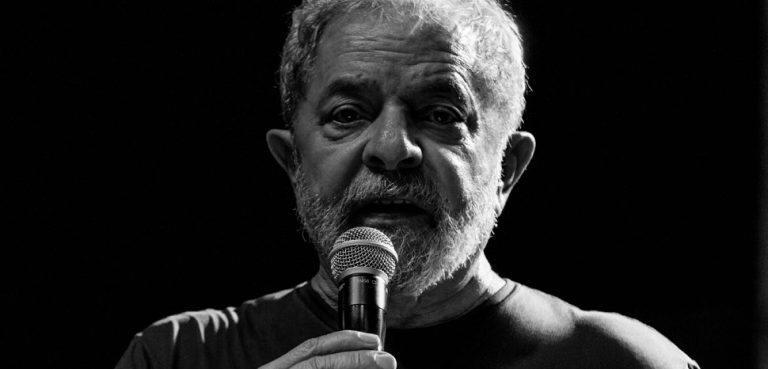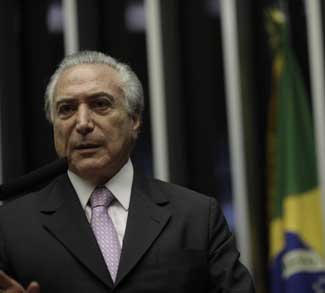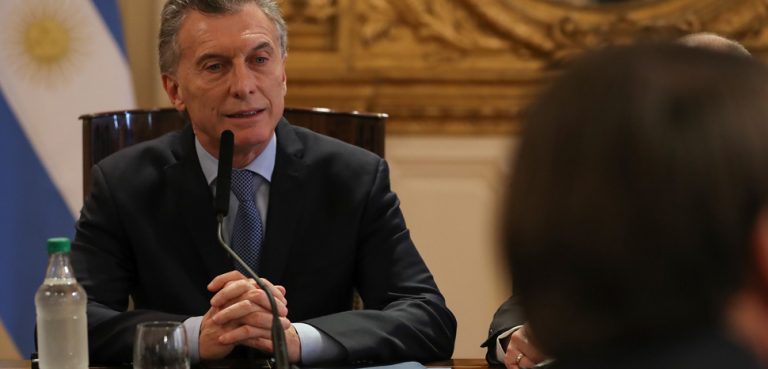Summary
Brazil President Michel Temer has been charged with obstruction of justice. The charges stem from his allegedly leading a criminal organization made up of corrupt politicians from various political parties, including the Progressive Party (PP), Brazilian Democratic Movement Party (PMDB), and the Workers’ Party (PT). Members of the organization are said to have received at least R$ 587 million (US$ 187 million) in graft payments during the Lavo Jato [Car Wash] scandal. It is the second criminal charge against Temer in less than three months.
Now it appears the fate of Brazilian politics and the future of its economy hinge on Temer’s ability to stay in power. However, it appears that, much like the first time, the indictments against him are likely to be blocked by Congress. Temer’s defense appealed to the Supreme Court, arguing that both the initial and this latest round of corruption charges are invalid because they are based on a plea bargain deal made with Joesley Batista, the former chairman of meatpacking company JBS.
Background
Batista and his brother Wesley testified that Temer and several other politicians had accepted bribes. Two recordings surfaced: one in which Batista had secretly recorded a meeting with Temer, which appeared to call into question the reliability of the witnesses. On August 2, 2017, Temer survived a vote to suspend him over his initial corruption charges. It just so happens that Temer has a strong backing in the lower house because he freed up copious amounts of federal funding for lower house members’ projects, thus securing far more than the one-third of Congress (or 157 votes) needed to reject the initial indictment against him.




